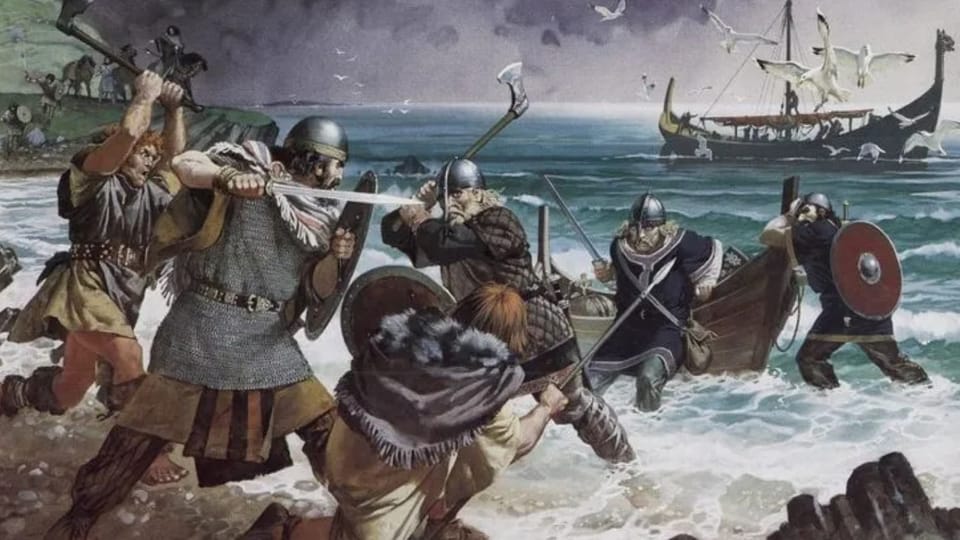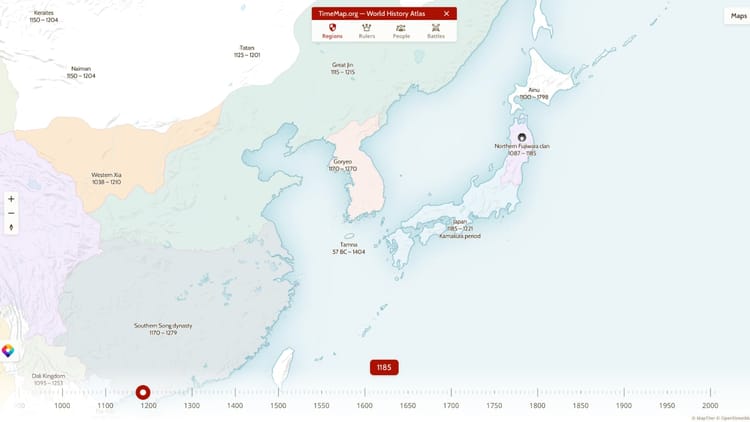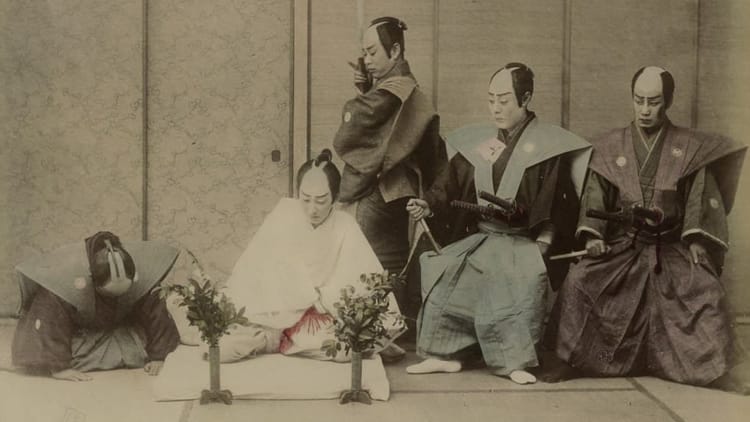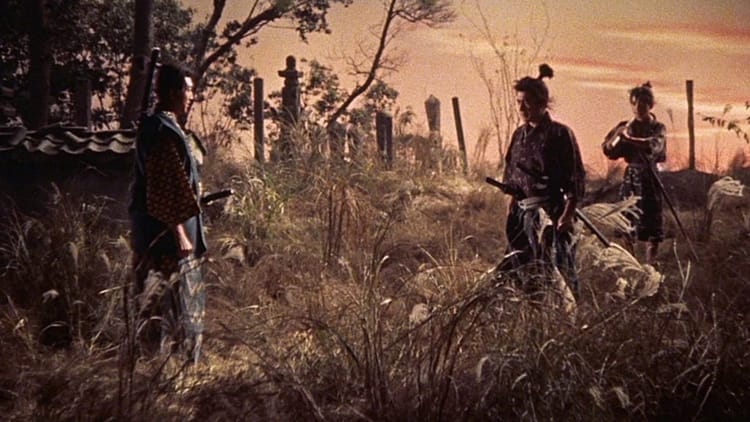Raiders, Traders, and Trailblazers: the Saga of the Viking Age

Let me tell you about the Viking Age, a time when those Norwegian, Danish, and Swedish badasses were carving up the map like it was a Sunday roast.
It all kicked off when those Norwegian Vikings decided to take a little trip out west and south, followed closely by their Danish and Swedish counterparts who were eyeing up the east.
793, Lindisfarne monastery in England. Norwegian Vikings roll up, and boom, organized plundering kicks off like it’s going out of style. For the next 250 years, it’s open season on European coasts.
Why’d they do it, you ask? Well, Norway was a hot mess of small kingdoms constantly at each other's throats. Meanwhile, these Vikings had ships that were the envy of the seas, crewed by 30 to 40 of the meanest warriors you ever did see. With their square sails, they could slice through the waves, hitting European coasts faster than you could say “Thor’s hammer.”
Europe was not ready. They had no fleets to speak of, and their armies were a joke compared to these Viking raiders. Plus, these Vikings had been trading with these folks, so they knew exactly where to hit ‘em where it hurt.
The loot they brought back was enough to make anyone green with envy, and soon, everyone wanted in on the action. Before you knew it, there were Viking settlements popping up everywhere: England, Ireland, Normandy, Russia, Sicily—you name it. And this party lasted a good 100 to 200 years.
But like all good things, it had to come to an end. Around 1030 to 1066, it was game over for the Viking Age, and here’s why: European states got their act together, beefed up their defenses, and started kicking Viking butt. Those Viking settlers? Yeah, they started blending in with the locals, losing that distinctive Viking edge. Oh, and they started converting to Christianity, which kinda put a damper on the whole raiding and pillaging gig. Finally, Scandinavian culture started looking more and more like the rest of Europe, and just like that, the Viking Age was history.





